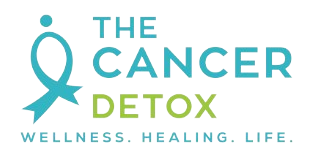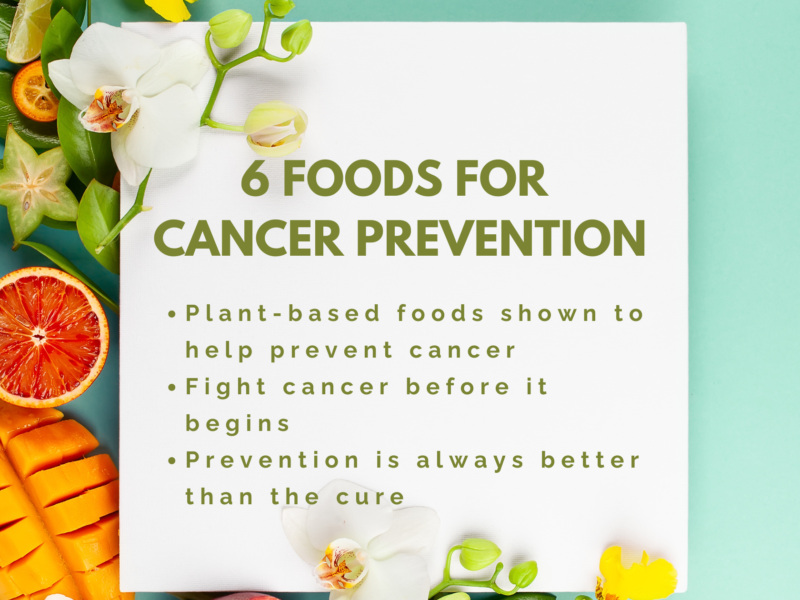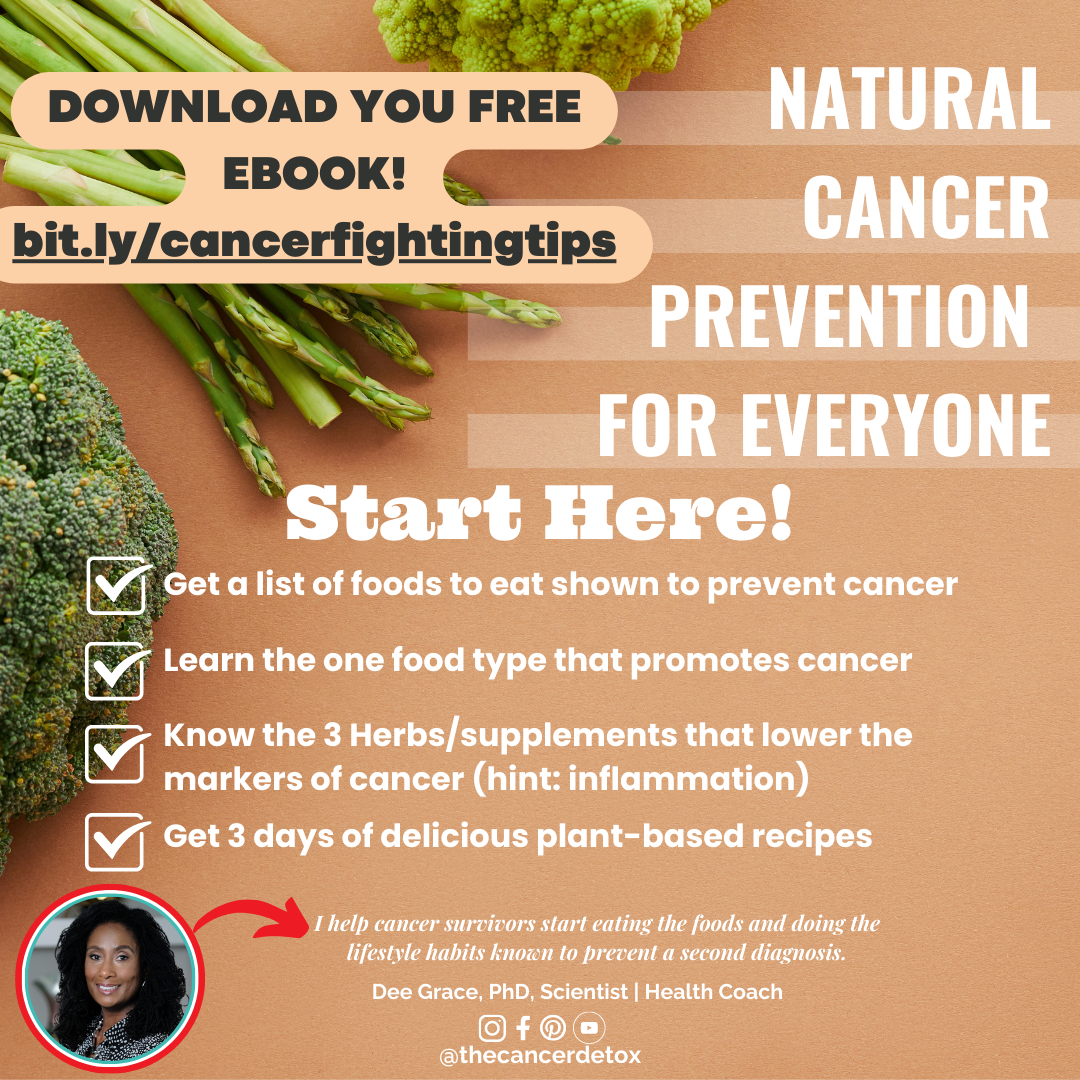Chemotherapy Side Effects: 5 Natural Remedies To Support Cancer Patients
If you are a breast, lung, cervical or colon cancer patient here’s our definitive guide for supporting your chemotherapy side effects using natural remedies…
Chemotherapy Side Effects: 5 Natural Remedies To Support Cancer Patients

ARTICLE SUMMARY
This article will go over how:
- Ginger helps support cancer patients with chemotherapy side effects such as nausea and vomiting
- A study found that mushrooms support cancer patients by increasing their appetite and energy levels
- Science-based evidence suggests superfoods like chlorella, spirulina, and wheatgrass may support cancer patients by increasing energy and avoiding additional drugs to boost their white blood cells
HELPFUL RESOURCES
- Check out our Youtube Video on 3 of the top natural ways to handle nausea from chemotherapy
- Order your chlorella superfood here from our online shop
- Join our community and share your thoughts if you are a cancer patient or survivor and have some tips on how to handle chemotherapy side effects. Include some ideas in the comments below.
Now let’s get into it!…
INTRODUCTION
After a recent meeting with a cancer client, I realized I could do more to help support clients with their horrible chemotherapy side effects. My recent work in the R&D group at a large pharmaceutical company allowed me to work on a clinical trial for a CBD prescription drug used to treat the most common side effects of chemotherapy: nausea and vomiting.
This CBD product was great at helping relieve nausea and vomiting caused by chemotherapy. Most of the patients in this clinical trial had different types of cancers, such as lung, prostate, colon, and breast. A majority did extremely well after receiving this CBD prescription drug.
There are also natural remedies for treating chemotherapy sides effects, specifically nausea, fatigue, and low energy. Learn how natural remedies like ginger, mushrooms and green superfoods can help.
GINGER HELPS CHEMOTHERAPY SIDE EFFECTS
There are a few studies on how ginger helps with chemotherapy side effects, and it’s not just for nausea and vomiting. Below are a few surprising ways ginger can help overcome common chemotherapy side effects. So grab a 1-inch piece of ginger and make a great tea or add it to a green smoothie.
Ginger Increases Energy In Cancer Patients:
Ginger is a natural remedy to reduce nausea and vomiting. However, if you’re taking chemotherapy drugs with a high emetogenic effect (aka causes nausea and vomiting) then you know one of the side effects is fatigue. A recent study found that it reduces extreme fatigue in cancer patients. This is not your average “I’m tired” type of fatigue. It is the “I can’t-get-out-of-bed” fatigue. Cancer patients in this study that took 10 milligrams of 6-gingerol, the active ingredient in ginger, had improved energy. They reported 20% less extreme fatigue compared to patients who took the standard anti-nausea drugs [1].
Ginger Improves Quality of Life in Cancer Patients:
If ginger can increase the energy of cancer patients then it makes sense that it could improve your quality of life. Cancer patients in this same study found that ginger improved their qualify of life after 9 weeks on the 6-gingerol supplement compared to patients who took the standard prescription anti-nausea drug(s) [1]
MUSHROOMS HELP CHEMOTHERAPY SIDE EFFECTS

Some people love them, others hate them, but one’s thing for sure, a diet consisting of mushrooms is one of the best things you can do for your health. Not only do they help reverse cholesterol and heart disease, but mushrooms can also lower blood sugar in type 2 diabetic patients. If you are vegan or vegetarian you know that mushrooms are a god-send as they add a hearty, savory flavor to your meals when cooked well. One mushroom to consider eating more of is Agricarus. If you’ve ever walked in a wooded area on a hike, you’ve probably seen this very common scaly mushroom popping up out of the ground. The edible mushroom Portobello (Agricarius bisoporus) is in this class of mushrooms.
Mushrooms Improve Appetite and Nausea:
A recent study from a research group in Brazil (Hospital of the Federal District – Oncology Clinic), looked at the effect the mushroom Agricarius silvaticus had on relieving the side effects of women receiving chemotherapy treatment for breast cancer. Here is what they found…
Improved Appetite:
- Women who were receiving chemotherapy for breast cancer were included in this study
- They were randomly assigned to receive 4.2 grams of this mushroom every day for 6 months (only during their chemotherapy cycles)
- The women who received this mushroom did NOT report any loss of appetite
- Women who were randomly assigned to receive a placebo (a pill with no mushroom in it) every day for 6 months and reported a 30% loss of appetite [2]
Diarrhea Avoided:
- Women who took the mushroom pills reported no diarrhea, a very common side effect of chemotherapy
- Women who were randomly assigned to receive a placebo (a pill with no mushroom in it) reported a 61% increase in diarrhea during their chemotherapy treatment
Less Nausea & vomiting:
- 15% of women who took the mushroom reported nausea and vomiting
- Compare that to 84.62% of women who took the placebo
Should You Take This Mushroom?
Well, it certainly depends on the discussion you have with your doctor about this study. You want to bring this article with you to ask your doctor if it’s ok to take this mushroom. Second, consider adding mushrooms to your diet before taking any mushroom supplements. The mushroom in the above study is in the same class of mushrooms as the large Portobello mushroom (Agricarius bisporus).
GREEN SUPERFOODS HELP CHEMOTHERAPY SIDE EFFECTS

Superfoods have been the rage for the 2010s. These vitamin-rich foods have been shown to help improve general health and wellbeing. The green superfoods below have science-based information in cancer patients receiving chemotherapy.
Spirulina Reduces Chemotherapy Side Effects:
Spirulina is a living organism known as blue-green algae. It has been used by indigenous people in Central Africa and Mexico for thousands of years. As a dietary supplement, it is considered a food. Spirulina is easily digested and absorbed and has loads of vitamins and minerals.
Spirulina is a natural remedy that may help cancer patients handle the side effects of chemotherapy treatment, as seen in the following research study.
Fewer chemotherapy side effects with Spirulina:
- A recent study include metastatic cancer patients who receive a combination of superfoods that included spirulina [3]
- In addition to spirulina, they received fermented soybean extract, green tea extract, Antrodia camphorata mycelia, grape seed extract, and curcumin extract (the study authors trademarked the name “MB6”)
- After several weeks of daily use, patients taking spirulina plus the MB6 supplement had 0% progression of their cancer
- The group of patients that received the placebo (no spirulina or superfoods, just a sugar “pill”) 15% of them had their cancer get progressively worse
- The “MB6” superfood combo that included spirulina also lowered the side effects of chemotherapy
- Only 2.9% of patients receiving the MB6 superfood combo had side effects from chemotherapy compared to 28.9% of patients in the placebo group [2]
Chlorella Boosts Energy in Cancer Patients:
Chlorella and spirula are similar. Chlorella is a green algae that has been used as a nutritional food for centuries. It contains plant pigments such as chlorophyll, lutein, and beta-carotene. It has also been shown to remove toxic chemicals from the body, such as dioxin and methyl mercury.
Chlorella is a natural remedy that may help cancer patients handle the side effects of chemotherapy treatment, as seen in the following research study.
Chlorella supports energy levels:
- In a recent study, 45 breast cancer patients were assigned to receive either chlorella or a standard multi-vitamin [4]
- The breast cancer patients that received chlorella reported improved quality of life including less fatigue from their chemotherapy treatment
- These women also reported that their skin quality improved (less dry skin) [3]
- Order your chlorella superfood here from our online shop
Wheat Grass Improves Ability To Handle Chemotherapy Treatment:
Wheatgrass is a young wheat plant (Triticumaestivum aestivum Linn., family Poaceae) with a high amount of chlorophyll (approximately 70%). You can think of chlorophyll as the “blood” of a plant. In fact, chlorophyll is very similar to the human blood protein hemoglobin, the only difference being that hemoglobin contains iron and chlorophyll contain magnesium.
A common side effect of chemotherapy in breast cancer patients is low white blood cell count (otherwise known as neutropenia). This may lead to an increased risk of infection from bacteria and viruses.
Wheatgrass juice is a natural remedy that may help cancer patients handle the side effects of chemotherapy drugs, as seen in the following medical study.
Wheatgrass improves white blood cell counts:
- Researchers studied the effects that wheatgrass juice had on breast cancer patients receiving chemotherapy [5]
- They found that those breast cancer patients that drank 2 ounces of wheatgrass juice every day had higher white blood cell counts than patients in the control group that did not drink wheatgrass
- The patients that drank wheatgrass did not require as many prescription drugs to boost their white blood cells, such as Neupogen
- The researchers reported that the higher levels of white blood cells in the patients taking wheatgrass juice allowed them to continue with their chemotherapy. Essentially they needed less “chemo breaks” which is where the chemotherapy is stopped because the patient is suffering from severe side effects
CONTACT OUR CANCER COACH
If you are feeling scared after a recent cancer diagnosis and want to be empowered to support your health with cancer-fighting foods, then call our Atlanta-based Cancer Coach at 678-310-8101 today! Or schedule a complimentary call here. Each caller will receive:
- 3 health coaching tips on cancer-fighting smoothies, cancer-fighting vitamins, and cancer-fighting supplements
- A list of questions to ask your doctor that will improve patient-doctor communication and help you better understand your treatment options. Schedule your call here…
To Your Best Health!
Dee Grace, PhD

Hi! I am Dee Grace, PhD Scientist and Cancer Coach. I help cancer patients get better care from their doctors and support their health with cancer-fighting foods and self-care. Schedule a complimentary call with me and get our FREE guides.
BINGE-WORTHY INFO
- Everything you need to know on DCIS breast cancer treatment and survival rates
- Vitamin D and cancer risk. Why you should check your Vitamin D levels as soon as you are diagnosed with breast cancer. This may help to increase your survival outcomes!
- Get a sneak-peek into The Cancer Detox program on natural cancer killers here
REFERENCES
- Konmun J. A phase II randomized double-blind placebo-controlled study of 6-gingerol as an anti-emetic in solid tumor patients receiving moderately to highly emetogenic chemotherapy. Med Oncol. 2017;34:69
- Valadares F, Gabri Novaes MR, and Canete R. Effect of Agaricus sylvaticus supplementation on nutritional status and adverse events of chemotherapy of breast cancer: a randomized placebo-controlled, double-blind clinical trial. Indian J Pharmacol. 2013;45:217-222.
- Chen WT, et al. Effectiveness of a novel herbal agent MB-6 as a potent adjunct to 5-flurouracil based chemotherapy in colorectal cancer. Nutr Res. 2014;34:585).
- Noguchi N, et al. The influence of chlorella and its hot water extract supplementation on quality of life in patients with breast cancer. Evid Based Compl Alt Med. 2014;2-14:704619
- Bar-Sela G, et al. Wheat grass juice may improve hematological toxicity related to chemotherapy in breast cancer patients: a pilot study. Nutr Cancer. 2007;58:43-48






